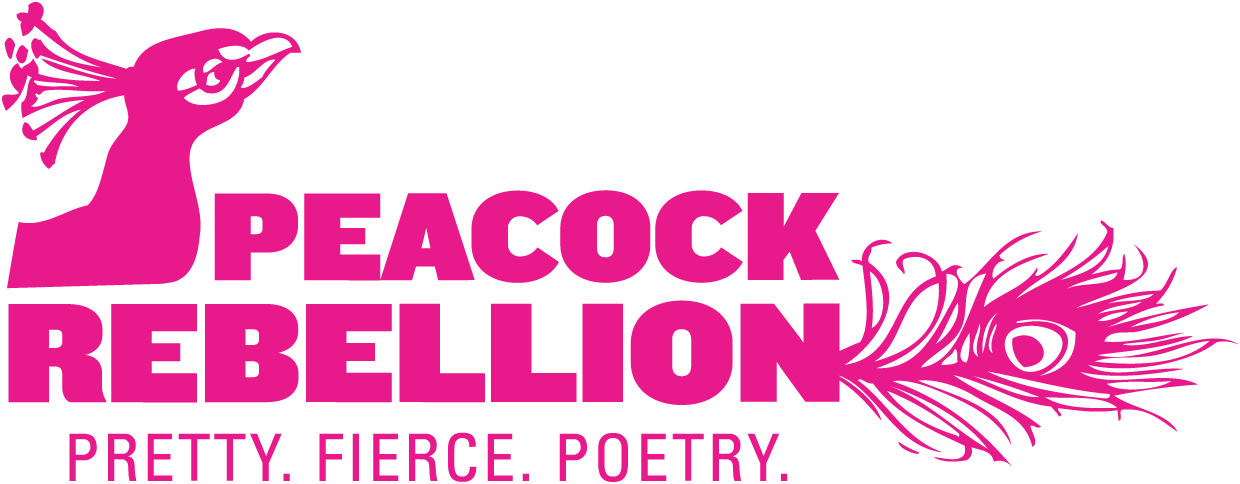Lexi And Devi On The Lifesaving Power Of Art & Using Comedy As A Tool To Build Collective Power
Brouhaha 2017 producers Devi Peacock, Lexi Adsit, and Vanessa Rochelle Lewis
What is Peacock Rebellion and who makes up the organization?
Lexi: Peacock Rebellion started out as a queer and trans people of color (QTPOC) arts organization Devi founded in collaboration with other artists/activists/healers. Devi was involved with organizations including Mangos with Chili and other QTPOC arts organizations we’re in community with. Devi used to talk about bringing Peacock Rebellion to a national level. Given the way the political climate has shifted, we’re rethinking our place and what strategies we employ and the ways we’re engaging with the wider world through our art. Brouhaha is our big comedy show which has run for the past four years.
Brouhaha’s stand-up comedy training program has prioritized trans women of color (TWOC) since 2015, with a new sketch comedy training we launched last year that’s open to a broader range of trans people of color. The main component to Brouhaha is forming a cohort of artists and teaching them the basics of comedy and how to utilize comedy as a tool for social justice.
Devi: We started Peacock in part because I was burning out on nonprofit-based community organizing and thought I was more effective with a microphone than a megaphone. With Peacock, our artists can crack jokes, shift cultural perspective, and disrupt the status quo through entertainment. A lot of people who wouldn’t necessarily be down to come to a march or a protest would be totally down to come to a comedy show. Everybody in the artistic core has some kind of healing practice.
Everyone is an activist, a community organizer, healer, cultural worker, and an artist. A friend of ours made a shirt for the last Brouhaha that said “Sass Heals.” That’s totally us. We do snarky, sassy, sexy, subversive work, and talk about white supremacy, christian hegemony, anti-Black racism, and structural oppression without jargon or talking down to people. We’re able to get 800 people to a show on a Tuesday because a lot of folks are willing to want to come be entertained, and we’re like, oh we’ll entertain you, and you’re gonna come here and learn some shit.
Publication: World We Want To Live In

